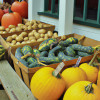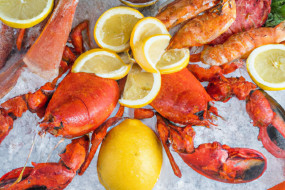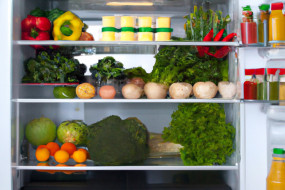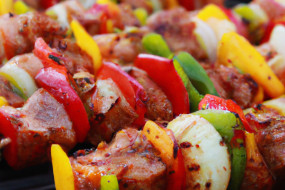
Eating seasonally is not only good for the environment, but it's also good for your health. By consuming produce that is in season, you can enjoy the full flavors and nutritional benefits of fresh fruits and vegetables. In this guide, we will explore how to cook with the current harvest and provide tips for seasonal eating.
Why Eat Seasonally?
Eating seasonally means consuming foods when they are at their freshest and most flavorful. The produce that is in season has had more time to mature, resulting in better taste and nutritional value. Additionally, seasonal eating helps to support local farmers and reduce the carbon footprint associated with long-distance transportation of out-of-season produce.
What's in Season?
The exact produce that is in season depends on where you live and the time of year. However, in general, fall brings an abundance of squash, pumpkins, sweet potatoes, apples, pears, and cranberries. These ingredients are perfect for hearty soups, stews, and pies. In winter, root vegetables like carrots, parsnips, and turnips are abundant, as well as citrus fruits like oranges and grapefruits. These ingredients lend themselves well to warm comfort foods and refreshing salads alike.
Recipes for Seasonal Eating
One of the joys of seasonal eating is the endless variety of recipes that can be created with the current harvest. Here are a few recipe ideas:
1. Fall: roasted butternut squash soup, pumpkin pie, apple cider donuts
2. Winter: roasted root vegetables, citrus salad, gingerbread cookies
3. Spring: asparagus soup, strawberry salad, rhubarb pie
4. Summer: tomato and basil pizza, watermelon salad, corn on the cob
Tips for Seasonal Eating
1. Shop at local farmers' markets to find the freshest produce that is in season
2. Plan meals around the current harvest to maximize flavor and nutrition
3. Preserve seasonal produce by canning or freezing for later use
4. Try new recipes that use seasonal ingredients to keep things interesting
5. Experiment with growing your own seasonal produce for a truly sustainable eating experience.
















